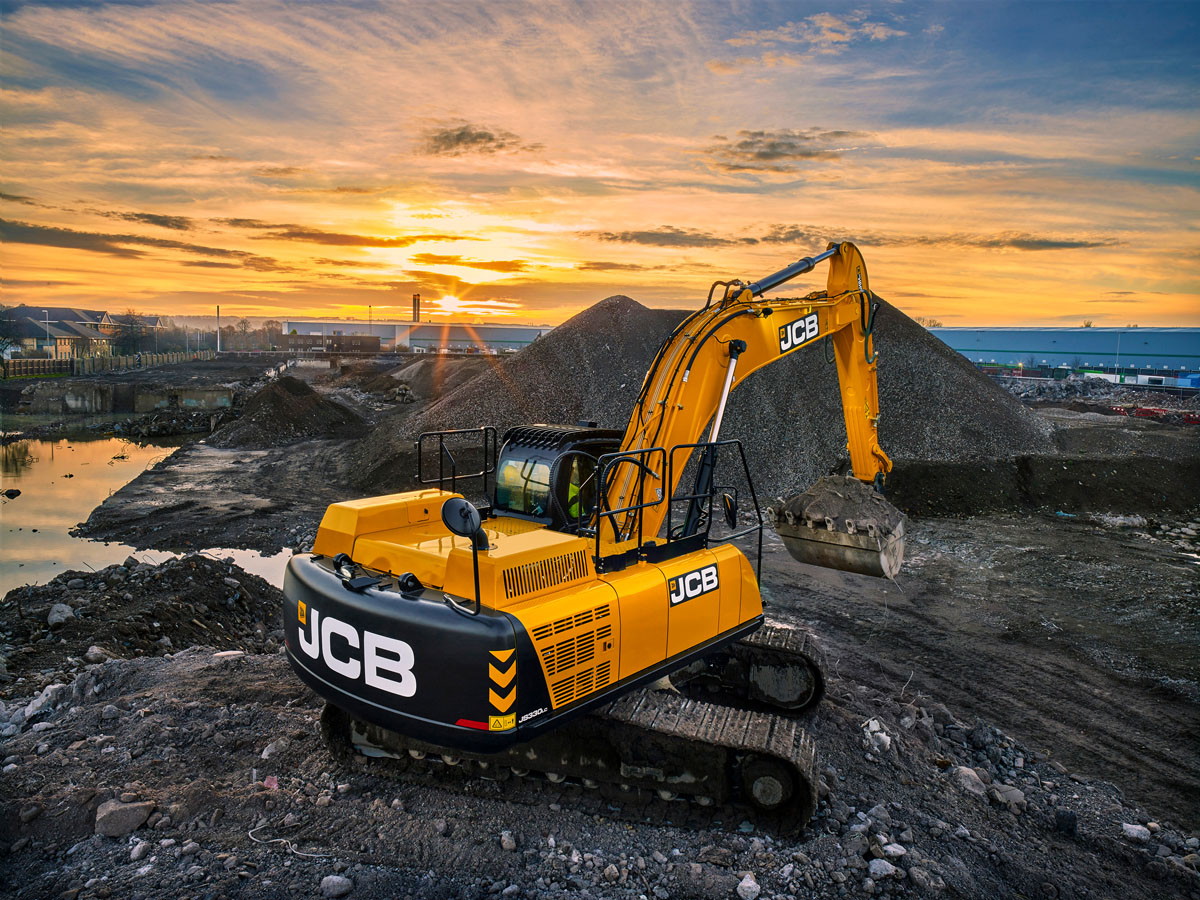
Choosing the right excavator for construction projects in Israel
Excavators are essential heavy equipment in the construction industry, capable of performing a wide range of tasks, from digging trenches to material handling and demolition. When it comes to choosing the right excavator for your construction project in Israel, there are several factors to consider to ensure efficiency, productivity and profitability. In this guide, we'll cover these key considerations to help you make informed choices.
1. Project scale and size:
The first step in choosing the right excavator is to assess the size of your construction project. Determine the depth and width of the excavations, the volume of material to be moved, and the duration of the project. This information will help you select an excavator with the appropriate specifications.
2. Excavator size and type:
Excavators come in a variety of sizes and types, each designed to perform specific tasks. Mini excavators are suitable for small projects and tight spaces, while standard excavators are versatile for a wide range of applications. Larger excavators are ideal for heavy-duty jobs, such as digging foundations or moving large volumes of material.
3. Digging depth and coverage:
Consider the required digging depth and reach for your project. Make sure the excavator you select can reach the required depths and distances without overextending or requiring excessive repositioning.
4. Cart and Attachment Compatibility:
Evaluate the types of buckets and attachments needed for your project. Excavators can be equipped with a variety of attachments such as buckets, hydraulic hammers, grabs and augers. Make sure the excavator you choose is compatible with the attachments needed for your specific application.
5. Operating weight and mobility:
The operating weight of an excavator is critical to stability and mobility. Heavier excavators provide better stability when digging, while lighter ones are better suited for jobs that require frequent transportation between sites.
6. Power and Performance:
Evaluate the power and performance of the excavator engine. Higher horsepower motors provide more digging power and faster cycle times, which can improve productivity.
7. Fuel efficiency:
Consider fuel efficiency, especially for long-term projects. Economical excavators can significantly reduce operating costs over the life of a project.
8. Operator comfort and safety:
Ensure that the excavator cab is designed with operator comfort and safety in mind. Features such as ergonomic controls, air conditioning and visibility-enhancing design promote operator well-being and efficiency.
9. Maintenance and serviceability:
Experience the ease of maintenance of the excavator. Easy access to components and simple maintenance procedures can minimize downtime and reduce overall costs.
10. Budget and financing:
Finally, set a budget for purchasing or renting an excavator. Consider financing options and choose the most cost-effective solution for your project.
In conclusion, selecting the right excavator for construction projects in Israel requires careful consideration of project requirements, excavator specifications and budget constraints. By fully evaluating these factors, you can make informed choices that suit your project needs and ensure successful completion.






